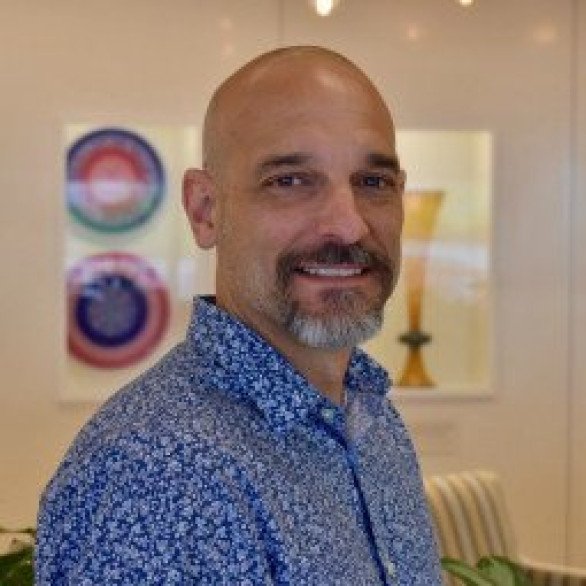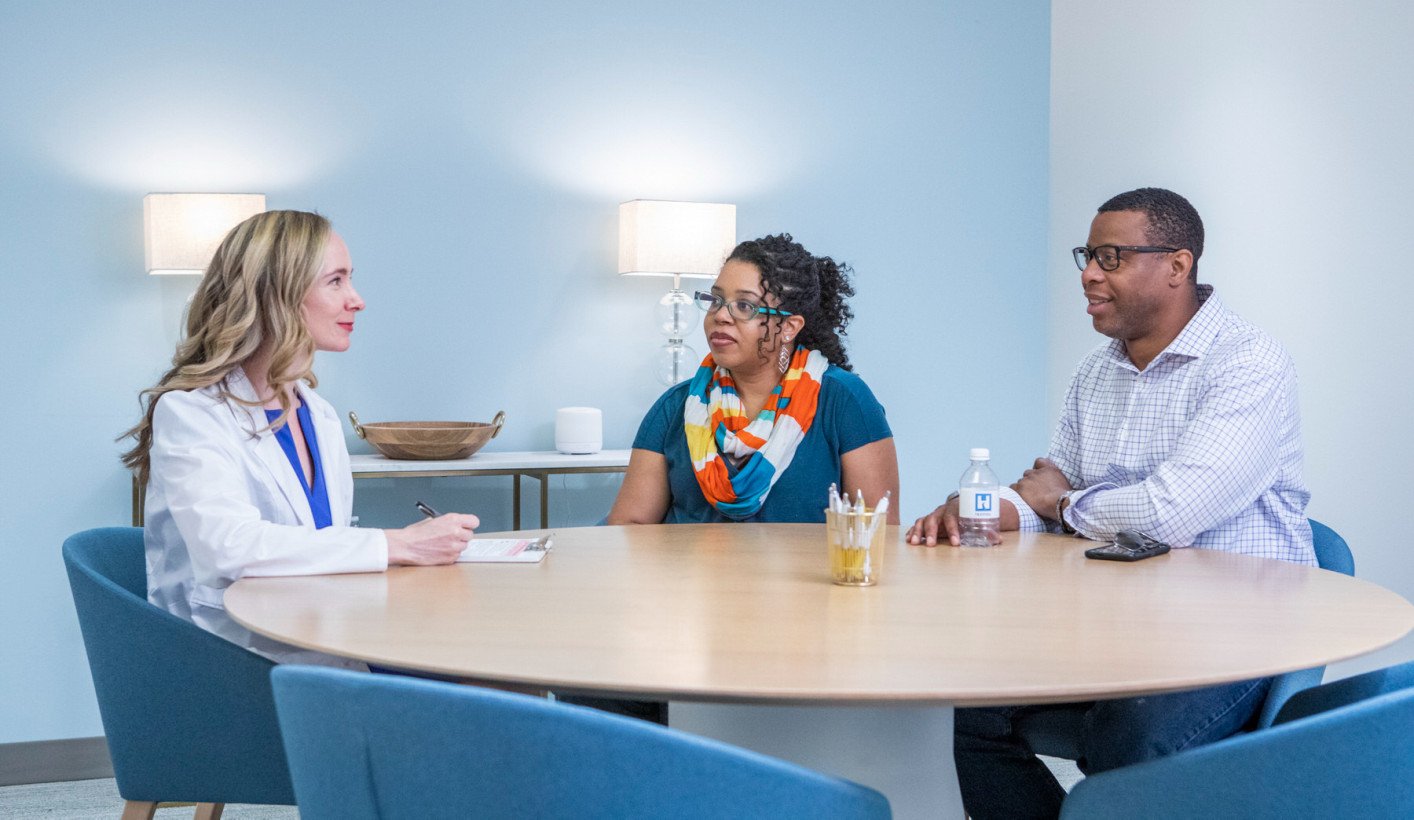A Trusted Partner in Mental Health Care
At HopeWay, we collaborate closely with referring providers to deliver compassionate, individualized mental health treatment. Our goal is to support your client’s healing while maintaining continuity of care.

Meet The Outreach Team

Emily Zuyus
Director of Outreach
Serves Asheville, South Carolina, South Charlotte

Mark Sullivan
Regional Outreach Liaison
Serves Chapel Hill, Durham, Eastern North Carolina, and Raleigh

Lindsay Stuart
Regional Outreach Liaison
Serves Fayetteville, Greensboro, North Charlotte, Wilmington, Winston-Salem
Referral Process
HopeWay is a VA Community Care provider under the MISSION Act. Our Admissions page includes our client handbook, sample schedules and a FAQ document.
We Love Our Clients
Frequently Asked Questions
How does HopeWay work with local and national community providers?
HopeWay believes that excellent coordination of care with a client's external providers will enhance treatment while at HopeWay, as well as help sustain progress made post-discharge. If you refer a client to us, we will:
- Attempt to gather pertinent clinical information from you to broaden our understanding of your client
- With the client's permission, and in ways that meet your need, consult with you while your client is in treatment at HopeWay
- With the client's permission, release any other relevant information to you at the time of discharge to enhance your ability to continue focusing on gains made during treatment at HopeWay.
What does a Client Care & Medical Records Coordinator do?
Our Client Care Coordinators work with all of our clients to ensure they have the supports necessary to sustain and enhance treatment progress when they leave HopeWay. This includes setting up initial aftercare appointments. If a client did not have a therapist, psychiatrist or other medical provider prior to receiving treatment at HopeWay, we will connect them to professionals who have the expertise and services that best meet the client's needs. We encourage community providers to meet with our Outreach Specialists so that we can better understand your area(s) of expertise, the array of services you provide, and your availability.
What is the average length of stay?
The average length of stay varies by program and is influenced by each client’s unique needs and treatment plan.
Adult Programs
- Residential: 53 days
- Partial Hospitalization Program (PHP): 52 days
- Intensive Outpatient Program (IOP): 60 days
Teen Programs
- Teen Mental Health: 46 days (~6.5 weeks)
- Teen Eating Disorder Program: 81 days (~12 weeks)
Young Adult Eating Disorder Program: 68 days (~10 weeks)

